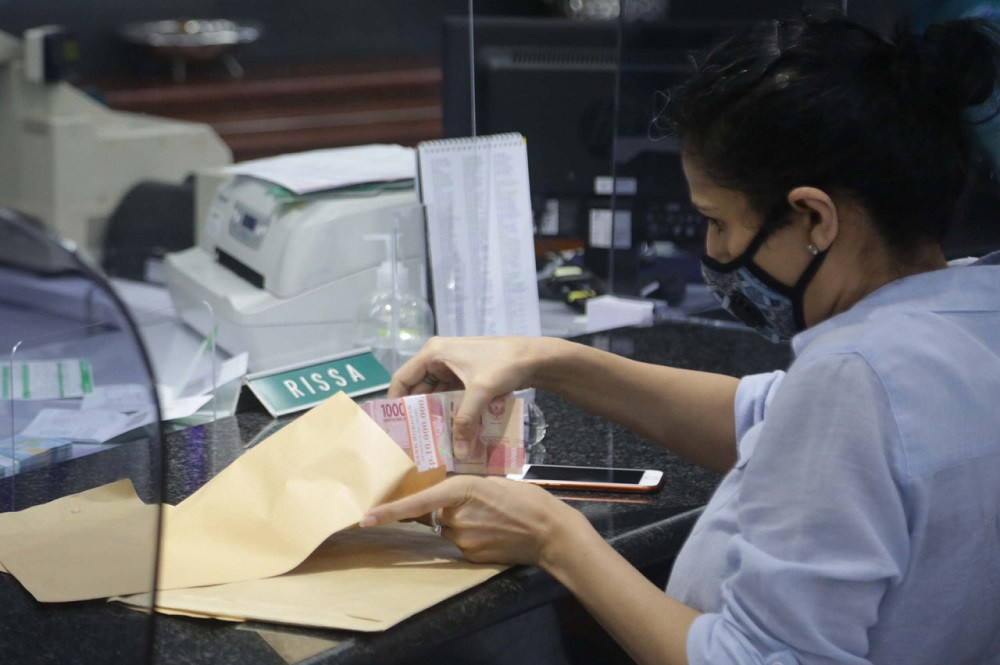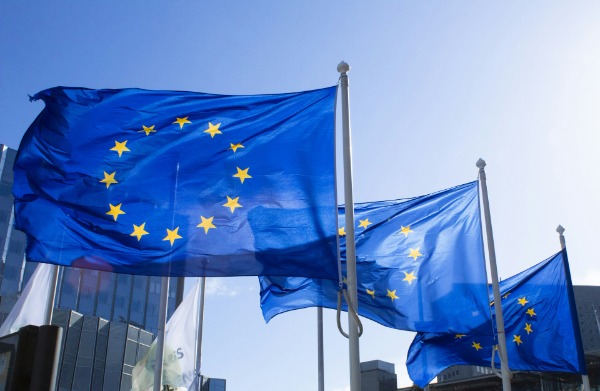Indonesian police have busted a massive online gambling-linked money laundering scheme worth Rp530 billion ($32 million). The operation, which has been running for years, was uncovered by the Criminal Investigation Department of the National Police (Bareskrim) and revealed the complex web of financial transactions, shell companies and digital tools used to hide illegal proceeds. Two high profile suspects, OHW, commissioner of PT A2Z Solusindo Teknologi and H, the company’s director, have been arrested.
A Web of Deception and Digital Tools
Police say the laundering scheme used an infrastructure of 4,656 bank accounts, numerous cryptocurrency transfers and widespread use of digital payment platforms. PT A2Z and its subsidiary PT TGC, the company’s director. They processed funds from the online gambling platforms, including ArenaSlot77 and Togel77. Transactions were masked using Indonesia’s QR payment system (QRIS) and routed through various crypto exchanges to cover the tracks. Bareskrim Chief Commissioner General Wahyu Widada said the syndicate used the “continuous fund transfer” strategy to avoid detection, a technique they have been using since they first started illegal gambling in 2007.
Big Gains from Illegal Activities
The scale of the operation was reflected in the assets seized during the investigation. Authorities took Rp250 billion ($15.1 million) from bank accounts, Rp276 billion ($16.7 million) in state bonds, 197 accounts were frozen and 4 high-end cars were seized. These luxury assets show how deep the syndicate is rooted in Indonesia’s financial system and how they can combine traditional banking with modern fin-tech.
Cryptocurrency: A Double-Edged Sword
This case shows how Indonesia struggles to regulate decentralized technologies. The suspects used crypto wallets and the nationally promoted QRIS system to move illegal funds, taking advantage of the gaps. Although Bank Indonesia introduced regulations in 2024 requiring all crypto transactions to go through registered exchanges, this money laundering network seems to have bypassed those rules by using peer-to-peer channels and layered shell companies. This loophole shows a bigger vulnerability in the region’s financial oversight.
This is the same as it was in neighbouring countries. Once POGO (Philippine Offshore Gaming Operators) was banned in the Philippines back in 2024, the number of crypto-based gambling increased significantly. Blockchain company Chainalysis also said that money laundering through cryptos in Southeast Asia had surged 37% year-on-year, making the case for cross-border collaboration and regulatory improvements even stronger.
Legal Consequences and Regulatory Hurdles
OHW and H are in deep trouble. Under Indonesia’s 2010 Money Laundering Law, they can be sentenced to 20 years in prison and fined up to Rp5 billion ($303,000). But critics say while the law is strict on paper, enforcement is still lacking due to systemic weaknesses. Indonesia’s Anti-Money Laundering Risk Index 2024 rates gambling-related financial crimes 7.2 out of 10, meaning the regulatory system has room for improvement.
This criminal network has been around since at least 2007. While Bareskrim’s cybercrime unit has shut down 48 illegal gambling sites this year alone, experts say challenges like limited manpower and unclear jurisdiction between agencies hinder consistent enforcement.
Social Fallout: Communities Caught in the Crossfire
Despite a total ban on gambling based on Indonesia’s Islamic and cultural laws, underground betting continues to thrive. A 2024 University of Indonesia study found 2.3 million Indonesians gamble online every month. Most of this traffic is driven by unregulated apps advertised through social media like TikTok and Telegram. In the PT A2Z case, the money from these apps was reportedly channelled into government bonds and property investments, enriching the operators while leaving the users—many of whom are addicted—financially ruined.
A Regional Mess with Fragmented Laws
Indonesia’s anti-money laundering efforts are part of a bigger regional problem. In March, Malaysian authorities seized $120 million in assets linked to gambling operations, and in April, the Philippines shut down 136 unlicensed platforms. But ASEAN’s fragmented regulatory landscape still provides opportunities for criminal networks. For example, Singapore allows land-based casinos but not online gambling, Vietnam allows certain types of betting but targets fin-tech companies involved in illegal flows. These inconsistencies allow operators like PT A2Z to exploit regulatory loopholes by channelling funds through Malaysian banks and hosting content on Philippine servers.
ASEAN’s 2024 plan to create a single framework for cross-border crime is a step in the right direction but progress is slow. Without stronger coordination and data sharing among member states, syndicates will continue to exploit the gaps.
Technology Offers Hope But Also Risks
Bareskrim used artificial intelligence for the first time to trace suspicious transactions linked to the money laundering ring. This is a big technological shift for Indonesia’s investigation. And the department said a special holding account will be used to finance future financial crime investigations. Meanwhile, Bank Indonesia’s digital rupiah pilot expected to launch in 2026 will increase transaction traceability but civil society groups are concerned about privacy.

 Companies
Companies 





